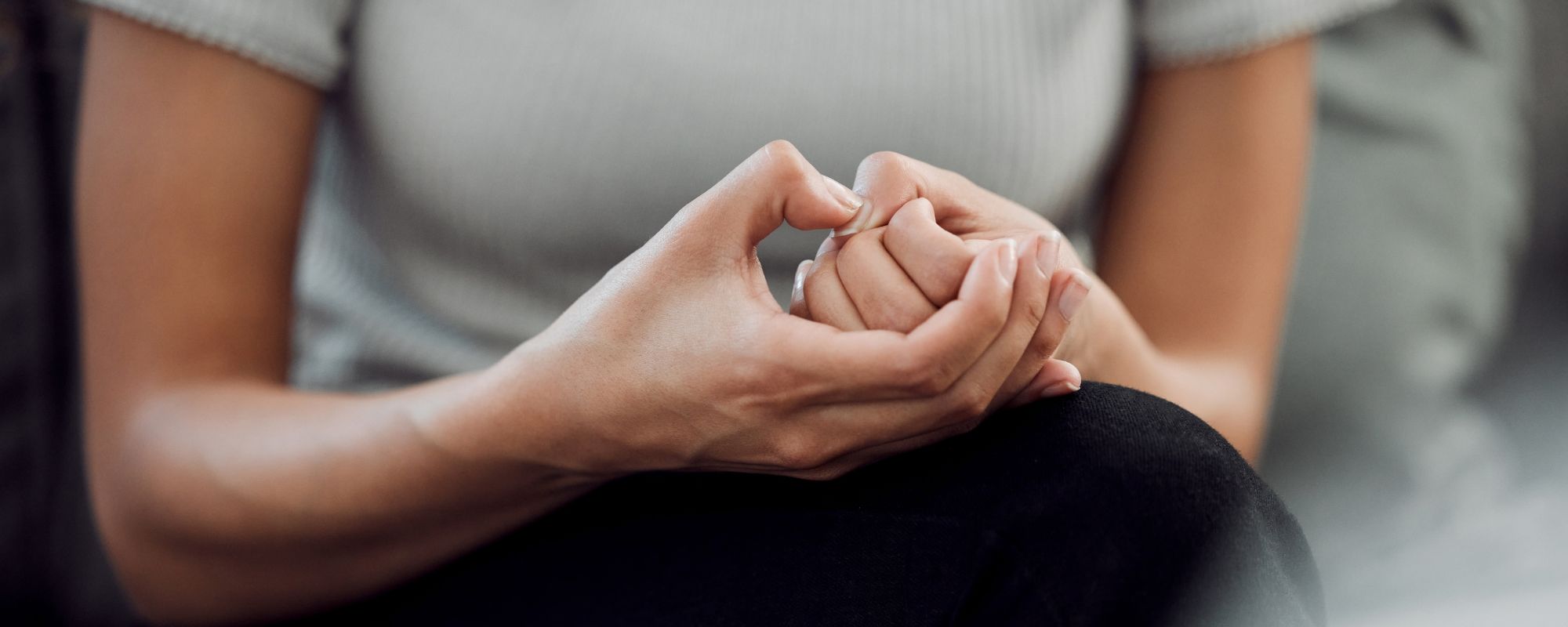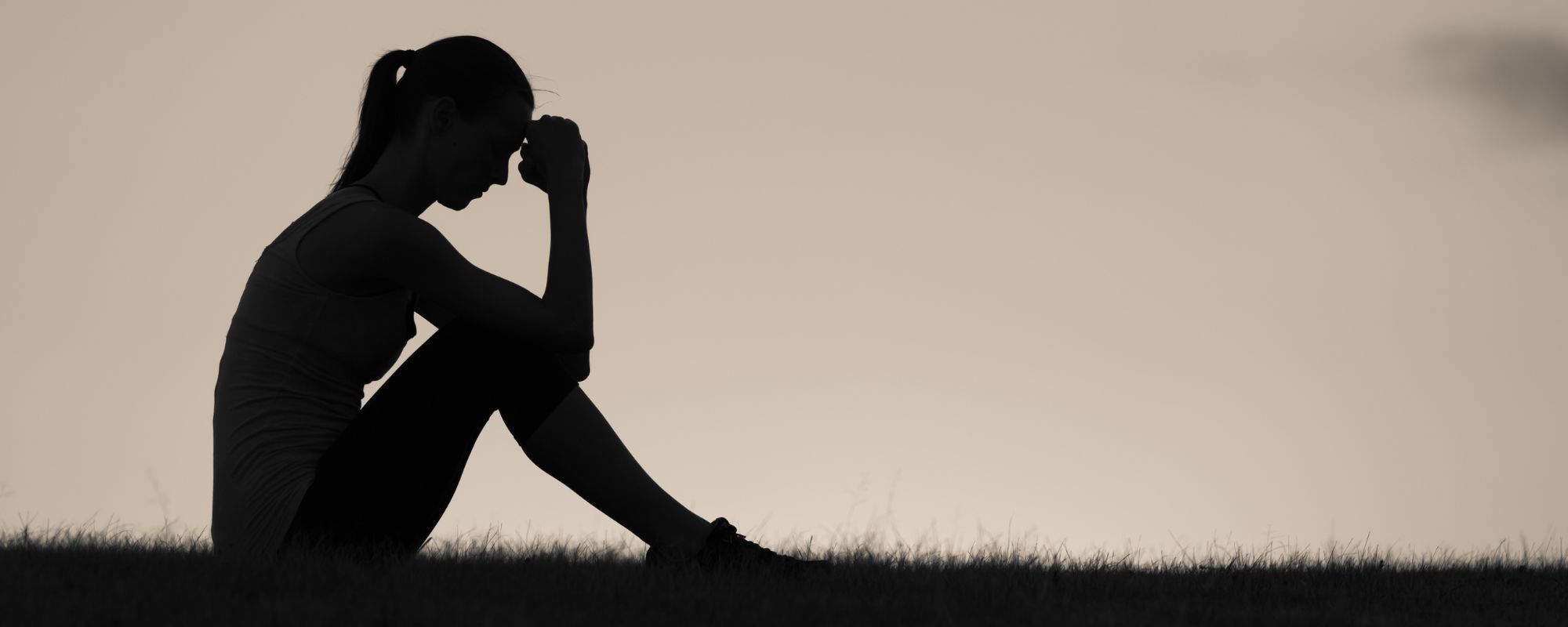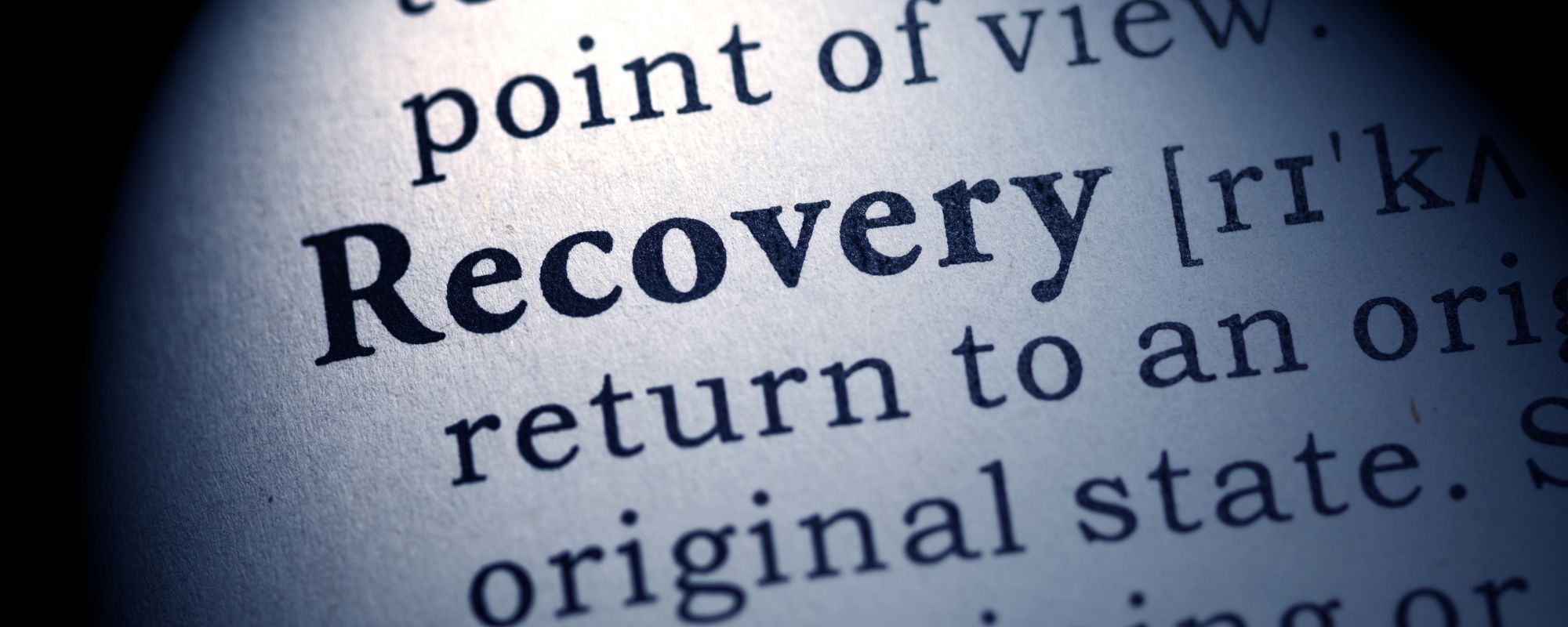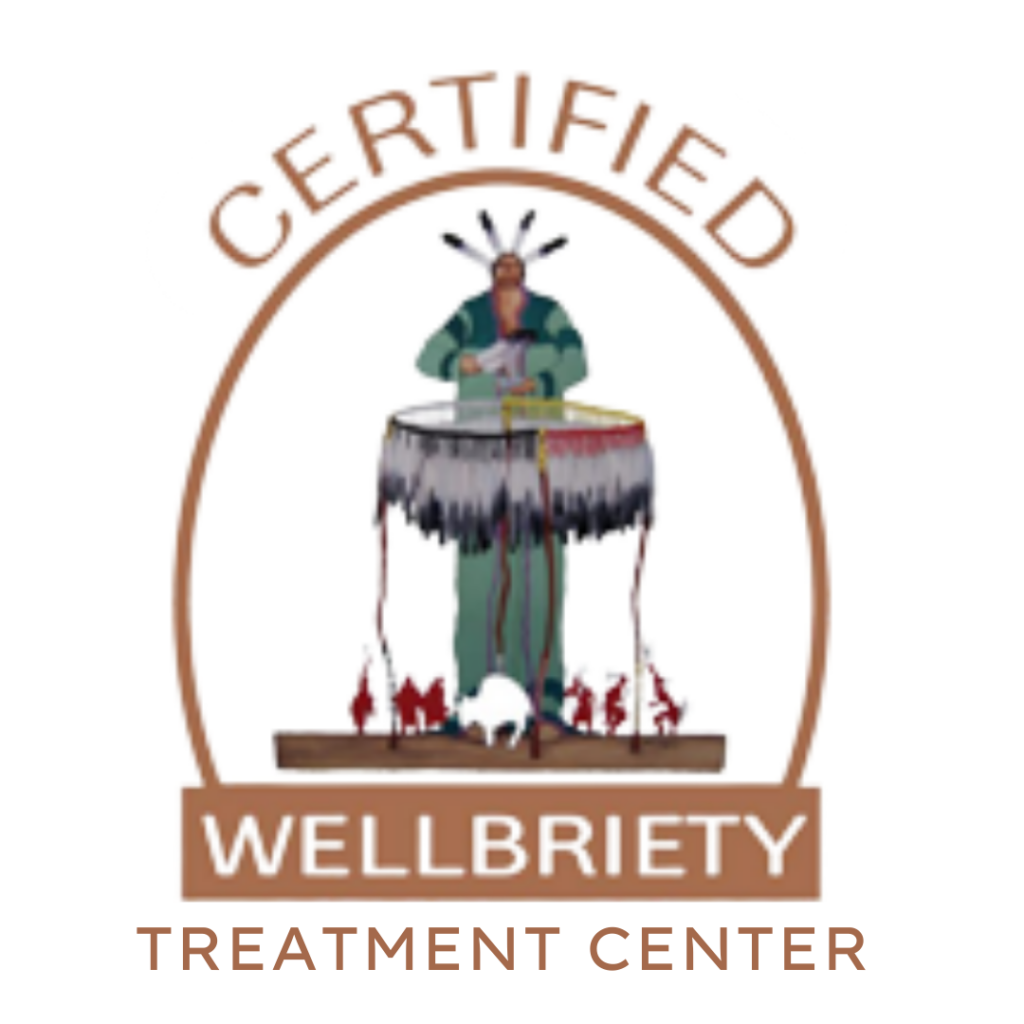Can I Date in Early Recovery?
Dating in early recovery is not always the healthiest or wisest choice, as I’m sure you’ve heard. In the early stages of your recovery process, you are still healing and learning who you are as an individual.
After going through rehab, you may feel a huge part of your identity stripped away, what once was dictating most- if not all- of your life is no longer there. It’s understandable that you’re going to want to fill that void with something, the goal is to fill it with more than one healthy thing. It is more than normal to long for that romantic connection and affection in early recovery.
A vital part of the process is filling that hole by focusing on yourself, pursuing old and new hobbies that are going to help you along the way.
Dating in early recovery is not recommended, but we understand that it still happens. If you choose to pursue someone or a relationship during this process, we’re here to give you pointers on how to be safe and wise.
Put Yourself First in Early Recovery
First and foremost, be honest with yourself about where you’re at mentally, physically, and spiritually. A relationship is meant to be a positive addition to your life, not a distraction. This is an incredibly vulnerable stage in your life. Putting yourself first and doing what is best for you must be #1. You want to make sure that you’re mentally stable before involving another individual. If possibly losing them would mean losing yourself, then we recommend that you hold off on the dating world.
Be Honest with Your Partner and Yourself
It can be incredibly easy to convince yourself that you’re in a good place, justifying that you’re ready to date. Being honest with your partner about mental and physical state is important in dating relationships. Honesty with your partner will not only strengthen your relationship, but will also benefit you personally. A benefit for dating in recovery is having someone close to encourage you and also hold you accountable.
You Can’t Rely on Your Partner for Everything
Relationships in general can be very tricky when it comes to “needing” someone to be there for you. As I said above, a benefit of dating in recovery is having that encouragement and accountability. But- this doesn’t mean that you should rely on your partner solely for that. The “need” for love and affection is common, but can be dangerous in situations where it isn’t received at times when you need it most. Relying on someone for validation is not healthy, as it puts both partners in a difficult position. The expectation of recieving constant affection from your partner cannot be met at all times. You have to be mentally stable enough to be okay whether you get that attention or you don’t.
Don’t Compromise for Your Partner
Your recovery and sobriety comes first𑁋 always. If the person you’re dating enjoys drinking and/or doing drugs, this is already a sign that you shouldn’t consider pursuing them. Putting yourself in that relationship only opens the door for temptation and relapse. Even if your partner is a casual drinker and wants to go out for drinks with friends, you have to make that decision of whether or not that is too much of a temptation for you. Whether you struggled with alcohol and/or drug addiction, it’s still a dangerous situation to put yourself in. Mutual respect and healthy boundaries are key in a relationship, especially when there is past trauma involved.
Don’t Rush, Take it Slow
In any dating relationship, we suggest that you take things slow when starting off. Issues are more than likely to come up if you’re rushing through the beginning stages of your relationship. Enjoying the stages of dating is vital as it is the time when you’re learning about the individual and allowing them to get to know you as well. Taking it slow while dating in recovery allows for you to decide whether or not this is the best option for you at the moment.
We don’t recommend dating in early recovery, but if you do, we hope that you consider these tips on what to do and what not to do.
If you or a loved one is struggling with substance abuse, please feel free to reach out to us at 877-RECOVERY. Our addiction specialists are available 24/7 to help you through this time and find hope in recovery.
























